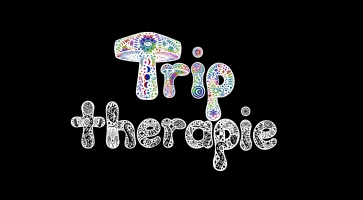Psychedelic-assisted therapy
Psychedelic therapy takes various forms. Depending on the context and the specific substance used, it often goes by different names, such as:
- Psychedelic therapy: This is the most general term used to refer to therapies that use psychedelics.
- Hallucinogenic therapy: This is a term sometimes used to refer to therapies using substances such as LSD, DMT, mescaline, and psilocybin.
- Entheogenic therapy: This is a term that refers to therapies that use psychedelics with the aim of inducing spiritual or religious experiences.
- Psycholytic therapy: This is a term originally used to refer to therapies that used low doses of psychedelics to expand consciousness and assist in psychotherapeutic treatments.
- TriptherapieTriptherapie is an integrated approach that focuses on improving the individual's neurochemistry and overall health, combined with the use of psychedelics in a therapeutic setting. For example, neurotransmitter testing can help determine neurotransmitter levels in the brain, and lifestyle recommendations can be focused on improving the individual's diet and sleep habits.
- MDMA therapy: Psychedelic therapy with MDMA as a therapeutic tool
- LSD therapy: Psychedelic therapy with LSD as a psychedelic.
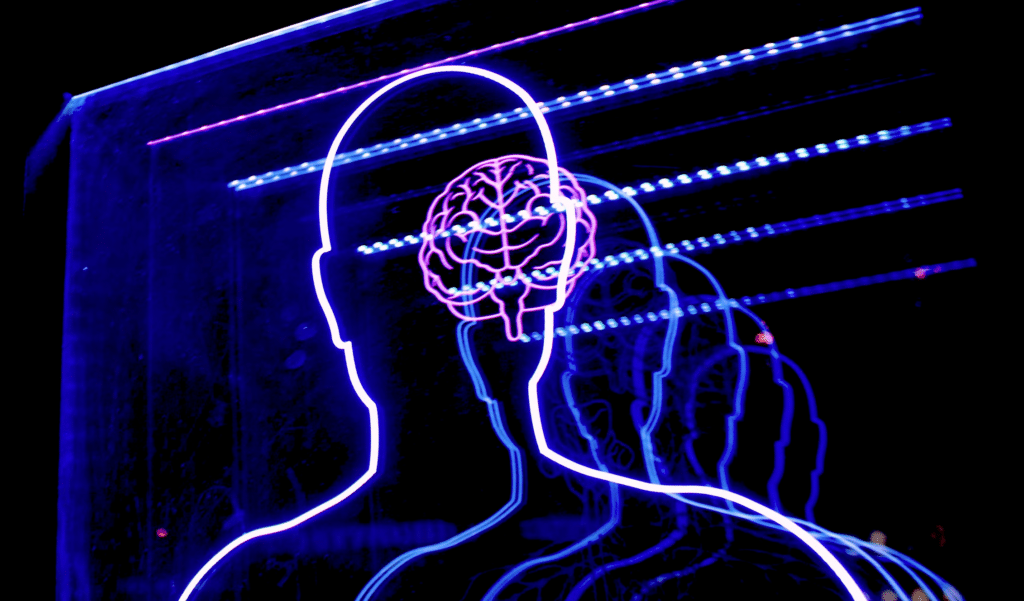
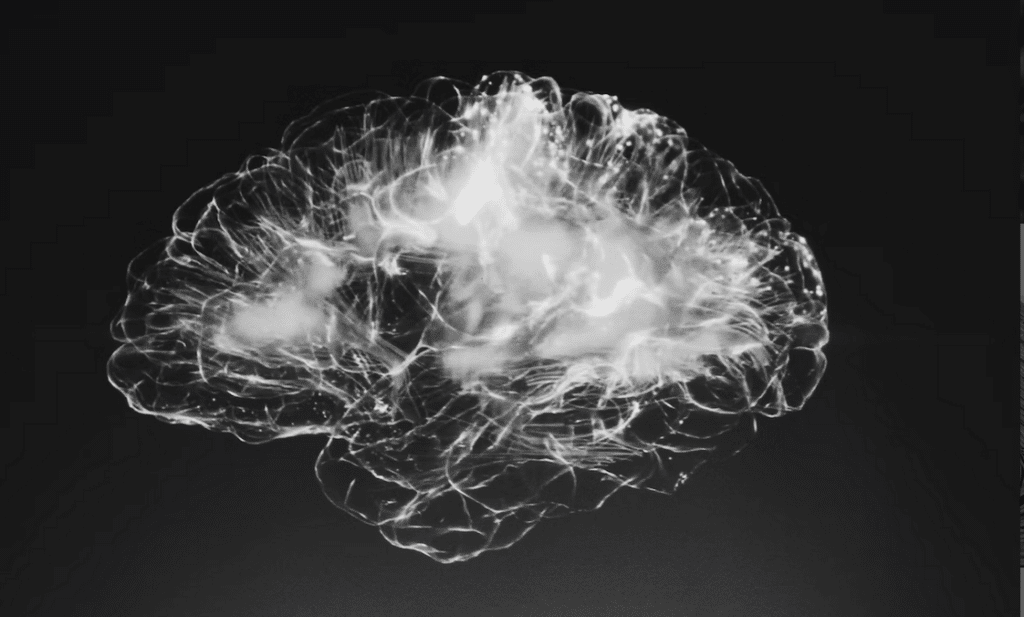
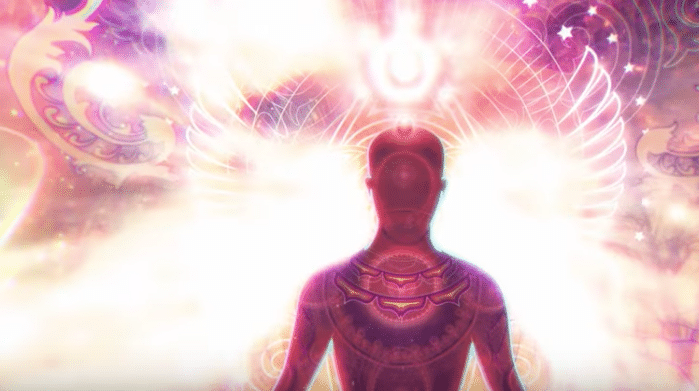
Which psychedelic drug is suitable for which treatment?
At Triptherapie, we use three types of psychedelics to support our sessions. We use magic truffles for psilocybin sessions, while MDMA and LSD sessions use legal analogs that have the same effect while complying with current regulations. Below is a brief summary of their applications.
Psilocybin
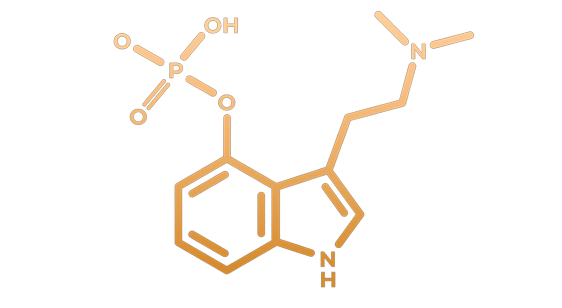
The effects of psilocybin, such as reducing anxiety and depression and enhancing spiritual experiences and self-reflection, can offer therapeutic benefits in treating these conditions. Psilocybin sessions are also used for addictions, social anxiety, and low self-esteem.
During a psilocybin session, participants may experience feelings of increased openness, connection, and introspection. This can help them explore underlying emotions and traumas that contribute to their condition. Psilocybin therapy consists of a combination of preparation, the session itself, and an integration session.
MDMA
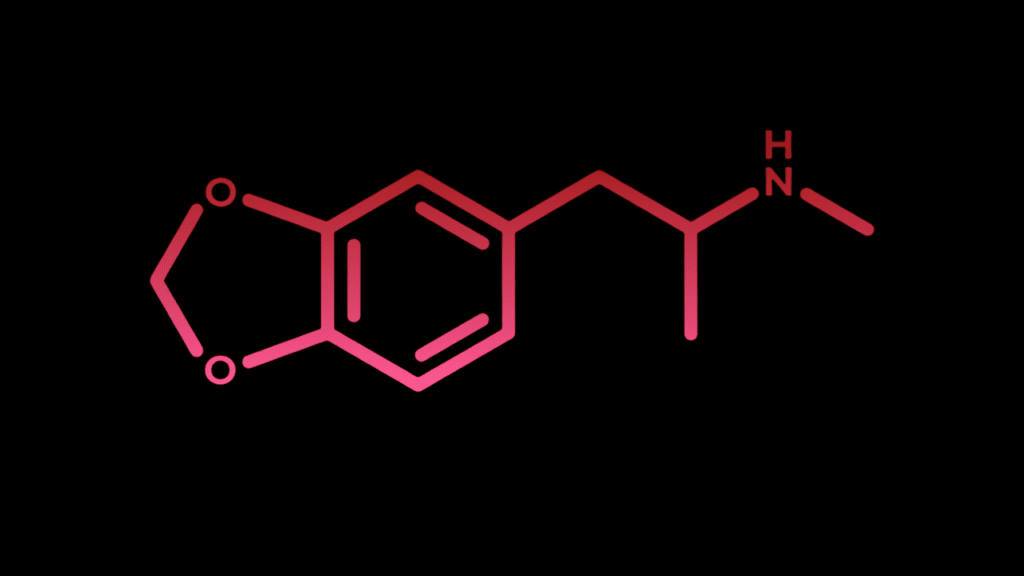
MDMA therapy is currently being studied as a treatment for various psychiatric disorders, including post-traumatic stress disorder (PTSD), anxiety disorders, and depression. Initial results show that MDMA therapy is highly effective, particularly for anxiety-related symptoms.
The effects of MDMA, such as reducing anxiety and enhancing empathy and communication, may provide therapeutic benefits in treating these conditions.
During an MDMA session, the client may experience feelings of increased openness, empathy, and connectedness, which can help in exploring traumatic experiences or underlying emotions that contribute to their condition.
LSD
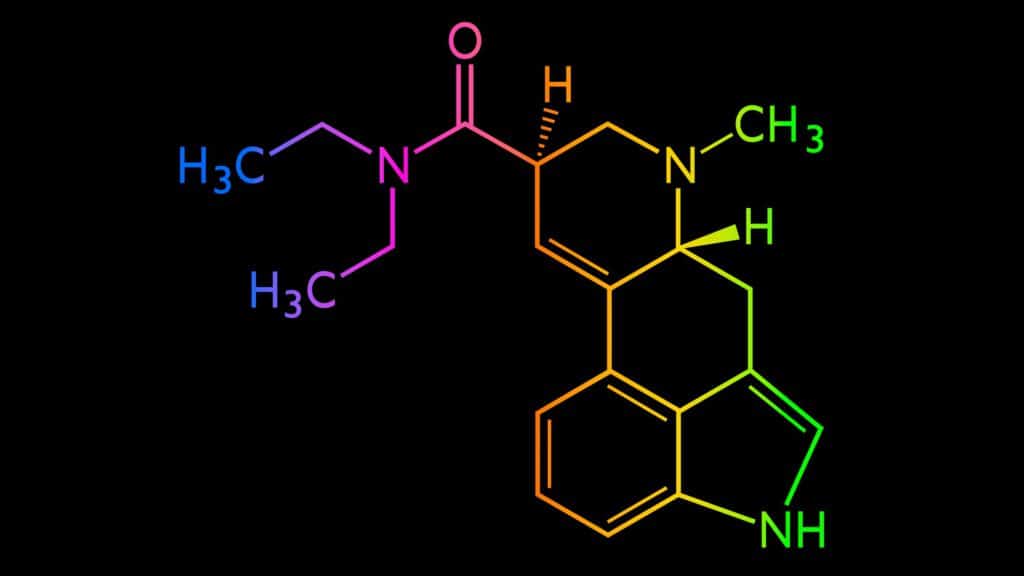
LSD therapy can be a catalyst in treating anxiety, depression, addiction, and improving the quality of life in patients with terminal illnesses.
LSD can induce deep introspection and help explore emotions and experiences that are normally difficult to access. Because of its long duration yet similar effects to psilocybin, psilocybin is more often recommended than LSD.
Do you know what suits you?
It can be a difficult decision, and you always want to make the best choice. You could look up more information about the different types of psychedelic therapy. Another option is to complete the intake form, and we'll then advise you on what we believe is the best option for you. psychedelic therapy. Below, we've provided links with information, including the link to the intake form. The intake information you provide is non-binding, and if you later decide to book a session with us, we'll use the information you provide as the basis for your personal preparation.
Intake: Start the intake here
Information: Psilocybin therapy | MDMA therapy | LSD therapy
